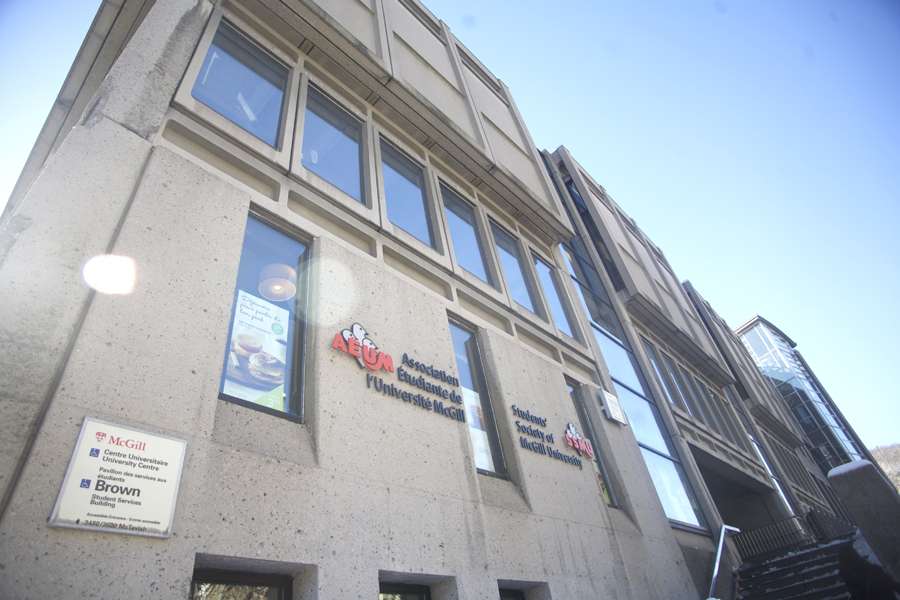Having spent much of my life growing up in the American South, I have experienced a number of events that have made me question my faith in human decency. In middle school, I was called a faggot, a fairy, and a queer—all in the derogatory sense. My classmates had parents and grandparents who were involved with the Ku Klux Klan. My synagogue had no windows facing the street to deter bombings, and we had to hire police officers to guard our Yom Kippur services due to threats from neo-Nazis.
Two years ago, I stood in front of my polling place urging my fellow North Carolinians to vote against a constitutional amendment that would ban same-sex marriage, depriving me of the right to marry the person I love. The amendment passed with over 60 per cent of the vote. So believe me when I say that I fully understand the need for equity, both on university campuses and larger society.
However, the recent controversy over Brian Farnan’s much ridiculed apology underscores a problem of alienation with the Students’ Society of McGill University’s (SSMU) approach to social justice. While fostering an environment free of discrimination and violence is certainly a worthwhile endeavour, our penchant for nitpicking and righteous indignation serves as an obstacle in addressing the systemic problems that impede the progress of historically marginalized groups. In a previous article that I wrote in these pages, I mentioned how policies such as policing costumes at 4Floors fail to rectify the lack of visible minorities on McGill’s faculty and within the student body.
Quick fixes such as these, whereby we avoid offence at the expense of combatting persistent forms of oppression, encourage criticism and contribute to an image of micromanaging and oversensitivity on the part of “the PC police.” The same holds true for Farnangate. By insisting on a belated apology for what many perceive as a minor, or even non-existent, offence, SSMU’s Equity Commissioners elicited an enormous degree of pushback which delegitimized their original intent. This insistence on publicly shaming every occurrence of even the most remotely offensive or inappropriate conduct can alienate supporters of initiatives that actually affect positive change. But through inclusive consultation and action, genuine success can be achieved.
Take, for example the student led initiative to establish a minor in Indigenous Studies. Proponents of this measure didn’t focus on abstract symbols of discrimination or divisive rhetoric. Instead, they chose to work closely with Indigenous leaders and to emulate successful programs at other universities in order to create a viable academic program. As a result of their diligent and well researched advocacy, students at McGill will be further educated and empowered to tackle the challenges facing aboriginal communities, such as unequal access to healthcare and the exploitation of native land for tar sands development.
In applying this principle to SSMU’s well-intentioned but overbearing equity policy, we can create a more transparent and inclusive process that protects the confidentiality of claimants and promotes equity while engaging students in dialogue. Right now, there are four Equity Officers, leading to a diffusion in accountablity; and participants in a complaint are forbidden to speak about the proceedings, even to those who are already involved. This prevents individuals and groups with a vested interest in a case from contributing relevant information that could lead to a more just and better informed outcome for all parties, in the same way that amicus briefs help Canadian courts render decisions on any number of divisive issues. By opening up the conversation and abandoning exclusive ideological purity, we can make McGill a more equitable environment and avoid future national embarrassments.










Your slanders against Southerners are just too scripted. Take a page out of a new playbook. I’m from a Yankee state and have always been treated with the utmost courtesy when traveling in the South by members of the black and white race. Who should decide what mold to force humanity into? You don’t want diversity.